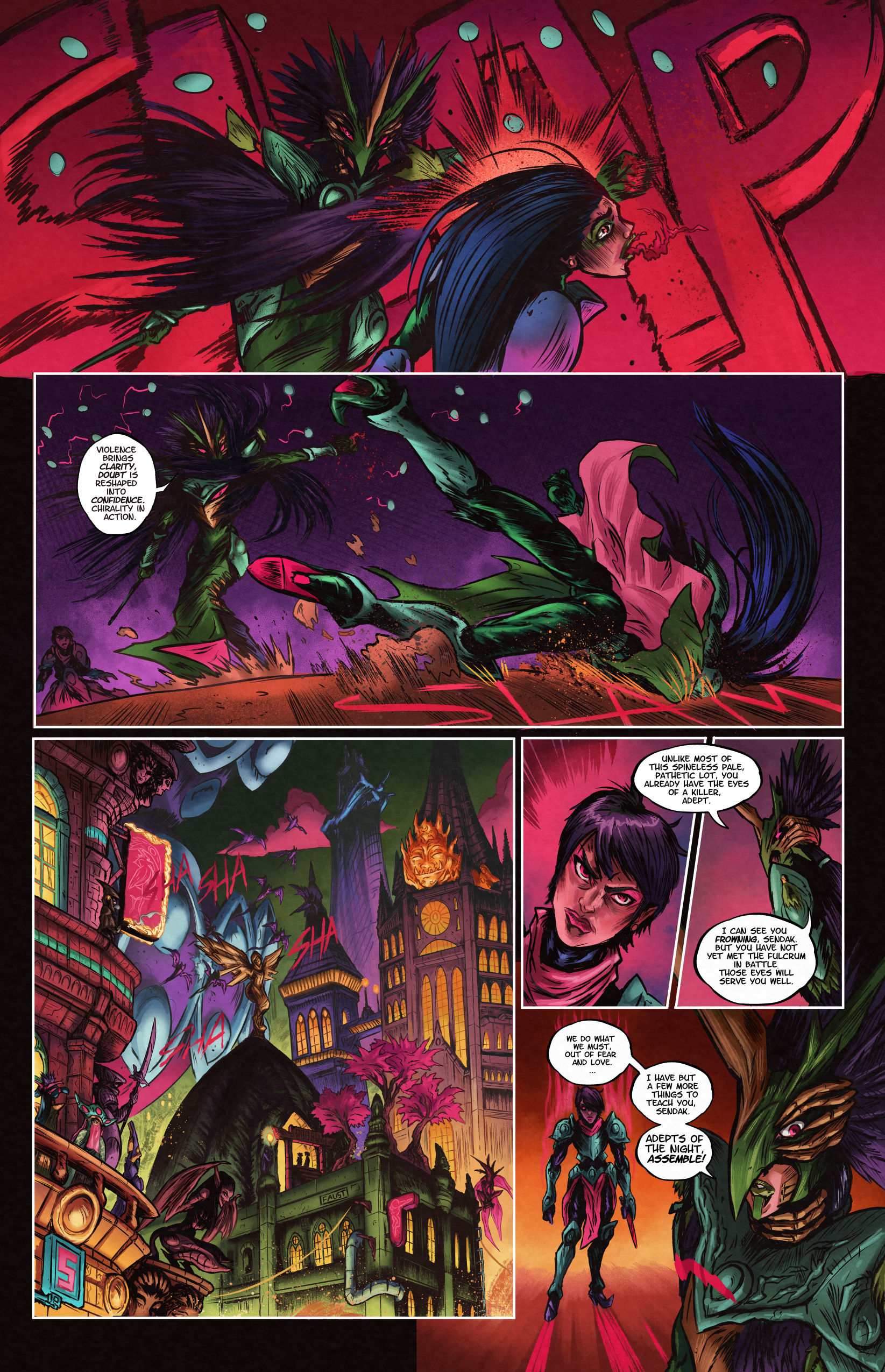KWK 244
“For the modern age and reader, this means that the Sheolin concept of a noble, or house, is very different from that of Jannat and the Fulcrum. In effect, nobles are chosen by the Sept to serve in official and religious functions, rather than passing down through inheritance. Although to be fair to the Fulcrum, nobility there is also often a matter of reward or promotion as well.
To this day, the Sheolin take their duties and obligations very seriously. What outsiders may observe as callous ruthlessness or ambition in their actions and dealings, is to a Sheolin merely an expression of their seriousness of intent. Once they are committed, they rarely back down from a task. To fail in ones duties means great loss of status in Siol society, so any measure to accomplish them are considered acceptable if they bring needed results. In warfare, this can be seen in the great lengths the soldiers of the Siol will go to, even with hopeless odds. That is not to say they are suicidally careless, but they are willing to use any means necessary to accomplish their missions.
In the conflict with the Fulcrum, this particular cultural distinction on the family has grown into a issue of pride, with the other sides view being seen as clearly inferior and decadent. Thus a parent from the Sheol will make a great point of not showing any preference to kin of blood, as giving up ones child to the common Sept is seen as fulfilling ones obligations to the community, and all achievements are made on the merit of the person rather than nebulous family ties. To go against this would bring shame on both the invididual and the child in turn. The Although not as one might think from Fulcrum sources, a person is not locked into one function, neither by birth or later selection. Rather, ones Sept may change both according to the persons abilities, suitability and the need of the community, at least, this is their stated ideal.
In practice societies have become little more than syndicated armed gangs, at every level. Even travelling through different parts of a city takes bribes and connections. Only by being in the service of a Shaper are all doors opened, if not passed through unnoticed. For the lowborn masses, it takes three things to leave the slums one is (usually) born into. Service to a Shaper, Being Selected to (or buying) a Society with travel and access rights (such as trading or religious Syndicates) or Military Service. Due to the Absolute Powers immense physical abilities, Siol society places much higher walue in service (duty), favors and reputation than any form of physical or monetary compensation (they do have a monetary system, linked to Earned Favor) Siol given names (Surnames?) are thus based by Society, although many are now defunct in their original function. The Sendaks for example were smiths.
As with the Shapers organisations, there are parallel functions, philosophical “paths” and outside all of this the Shivans exist in their own system, although it can be considered as one large Society within the Siol Empire for most practical purposes. A Shivan can always travel freely, although by their own cultural practices are always in service to the Military, a Syndicate or a Shaper.”
-Sheolin Sects, Family and Obligations part IV

Discussion ¬